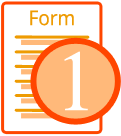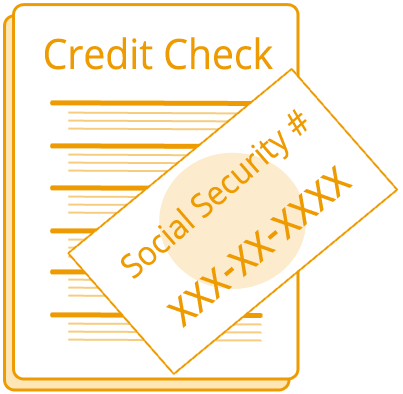So you’ve been keeping your home neat and tidy, the sign’s on the front lawn, and a steady stream of potential buyers has passed through your home. Then one day your agent calls to inform you that you have an offer. Or even better—multiple offers! Which one do you accept? What if your not happy with any of the offers? Which offer nets the most money for you? When an offer or offers are presented to you, there is usually a multitude of questions and considerations. Knowing the terms and understanding the process of negotiating will make it easier if you aware of them before an offer is made. Let’s go over some:
What Is An Offer?
An offer is a written proposal which should include the offered price, all the terms and conditions of the purchase, and should also be accompanied by an earnest deposit. Oral promises are not legally enforceable when it comes to the sale of real estate. When an offer is received you have three choices: accept, reject, or counter-offer. If you accept the offer and any conditions stated within it, the offer becomes a binding contract as soon as the buyer is notified of its acceptance. If you find that the offer is too far below what you’re willing to accept or it contains contingencies that are unreasonable, you can reject the offer without offering a counter-offer. The offer becomes dead and the prospective buyer can either withdraw the offer or present a new one. The last option is to reject the offer and counter-offer.
Contingincies
Contingencies are placed in a contract as conditions that must be met before the sale can be finalized. Here are some common contingencies that you might see:
– Sale is contingent upon buyer obtaining financing.
– A satisfactory report by a home inspector within a reasonable amount of time (10 days for example) of the offer.
– Seller pays some or all of buyers closing cost.
– Buyer must sell current home first.
What Does A Counter-Offer Do?
A counter-offer is very simply used as a negotiating tool. Often when an offer is given, the buyer may offer a price lower than your asking price and request contingencies that you may find are not totally unreasonable. You can reject that offer and counter-offer with a higher price than what was offered or request a reduction in the number of contingencies or no contingencies at all. Consequently, the buyer now has the opportunity to accept, reject, or counter-offer until an agreement to price and terms are met. Each time either the buyer or seller makes any changes regarding price or terms, the other party is free to accept, reject, or counter-offer again until one party finally signs an unconditional acceptance of the other side’s proposal at which time the document becomes a binding contract. Also remember, any change you make in a counter-offer puts you at risk of losing the chance to sell because if the buyer rejects your counter-offer they will be free to walk away.
Can An Escrow Be Cancelled If A Better Offer Is Made?
Trying to back out of an escrow is extremely unwise because an accepted offer is a binding legal contract. It is possible for a buyer to take legal action in order to enforce it. Your only hope would be if one of the contingencies couldn’t be fulfilled and the buyer walks away.
Can An Offer Be Withdrawn?
In most cases the answer is yes, right up until the moment an offer is accepted or even in some cases, if the seller hasn’t been notified of the acceptance.
Which Is The Better Offer?
Is the offer that includes the highest price the best offer? Not necessarily. You may be surprised to find that an offer that is lower may actually net you more than an offer with a higher price if the offer is loaded down with costly contingencies. In fact, multiple offers should push up your homes price, creating a spark that could start a bidding war. But there is also something else to consider besides getting the best price…which buyer is in the strongest position to purchase your home.
Which Buyer Is Better?
Depending on what your needs are you may consider accepting a lower offer from a buyer who is in a stronger position to purchase your home. A buyer who meets any of these criteria:
1. An all cash buyer,
2. Already pre-approved for a mortgage, or
3. Does not have a present house that must be sold before they can afford to buy yours
will insure that you will probably have a quicker escrow and a far less likely chance of having complications surface that could terminate the sale.
Next:
Closing the Deal. Start Packing!


